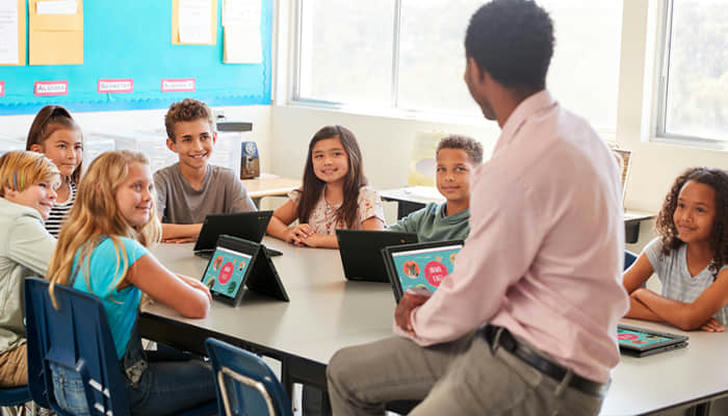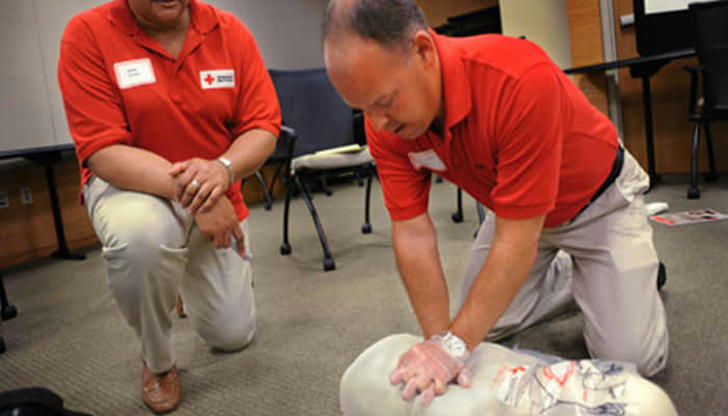Essential teaching skills for your resume: balancing the hard and the soft
Soft skills, often termed as people skills, encompass your personal qualities and strengths that uniquely equip you for teaching. They influence how you tackle challenges, interact with individuals or teams, innovate, and demonstrate your passion and drive for your profession. Although soft skills can be challenging to quantify, they are authentic and irreplaceable, requiring deliberate cultivation for a successful teaching career.
Soft skills are crucial in teaching due to the inherently relational nature of the profession. Teaching involves close connections with students during instruction, collaboration with fellow teachers, support for parents, and cooperation with administrators. Your soft skills are pivotal in excelling in all these relationships, making them essential for teaching excellence. Therefore, the following skills should be prominently featured on your resume:
Communication

Effective communication of ideas and lessons lies at the core of education. Given that much of a teacher's role involves communication in various forms, strong communication skills are indispensable for achieving excellence in teaching. It's crucial to highlight the following forms of communication:
1.Verbal
2.Written
3.Illustrated
Leadership

While maintaining classroom control is vital in teaching, leadership encompasses more than mere instruction compliance. Your capacity to remain composed, identify solutions to challenges, and set a positive example is fundamental to effective leadership. Strong leadership entails:
1.Decisiveness
2.Confidence (in oneself and instilling it in others)
3.Motivation
Organization

Managing classes, students, lessons, and materials can be challenging, especially in a bustling teaching environment. Effective organization can significantly impact time management and ensure optimal student learning. Strong organizational skills encompass:
1.Scheduling
2.Planning (both long-range and immediate)
3.Prioritization
Patience

As a teacher, predicting the behavior and abilities of your students is impossible. Each classroom comprises individuals with diverse strengths, weaknesses, and backgrounds, and some may intentionally challenge your patience. Cultivating patience is crucial for mitigating potential issues. Indicators of possessing a high level of patience include:
1.Availability
2.Active listening
3.Understanding of various teaching methods
ESSENTIAL HARD TEACHING SKILLS FOR YOUR RESUME
Computer skills

In today's classrooms, incorporating technology is unavoidable. As a teacher, familiarity with basic communication and business tools is essential, while proficiency in a variety of software and apps enhances your resume. Versatile and sought-after computer skills include:
1.Microsoft Office Suite (Word for composition, Excel for spreadsheets, PowerPoint for presentations)
2.Video conferencing and collaboration software (Zoom, Discord)
3.Adobe Creative Cloud (Photoshop for images, Illustrator for graphics, InDesign for publishing)
Classroom management software

In the digital era, schools face challenges like device misuse and learning shortcuts. Teachers must navigate competing sources of information and attention, along with the intricacies of online and remote learning. An understanding of classroom management software, an emerging skill, encompasses:
1.Web-based tools (e.g., ClassDojo)
2.Cloud-based tools (e.g., classroom. cloud)
3.Network-based tools (e.g., AB Tutor)
First aid certification

While understanding measures and procedures for severe medical emergencies is crucial, modern classrooms also present milder yet potentially hazardous conditions like asthma, diabetes, and food allergies. Being well-prepared and informed about medical needs is essential. Valuable medical knowledge comprises:
1.CPR certification
2.First aid certification
3.Automated external defibrillator certification
Conflict resolution training

Divisiveness, violence, and bullying are prevalent issues in schools, adversely affecting both victims’ and perpetrators' education. Having training in conflict resolution equips you to assist both students and the school community effectively. Conflict resolution training encompasses:
1.Conflict resolution courses (online and in-person)
2.Conflict resolution certifications
3.Security and safety protocols
